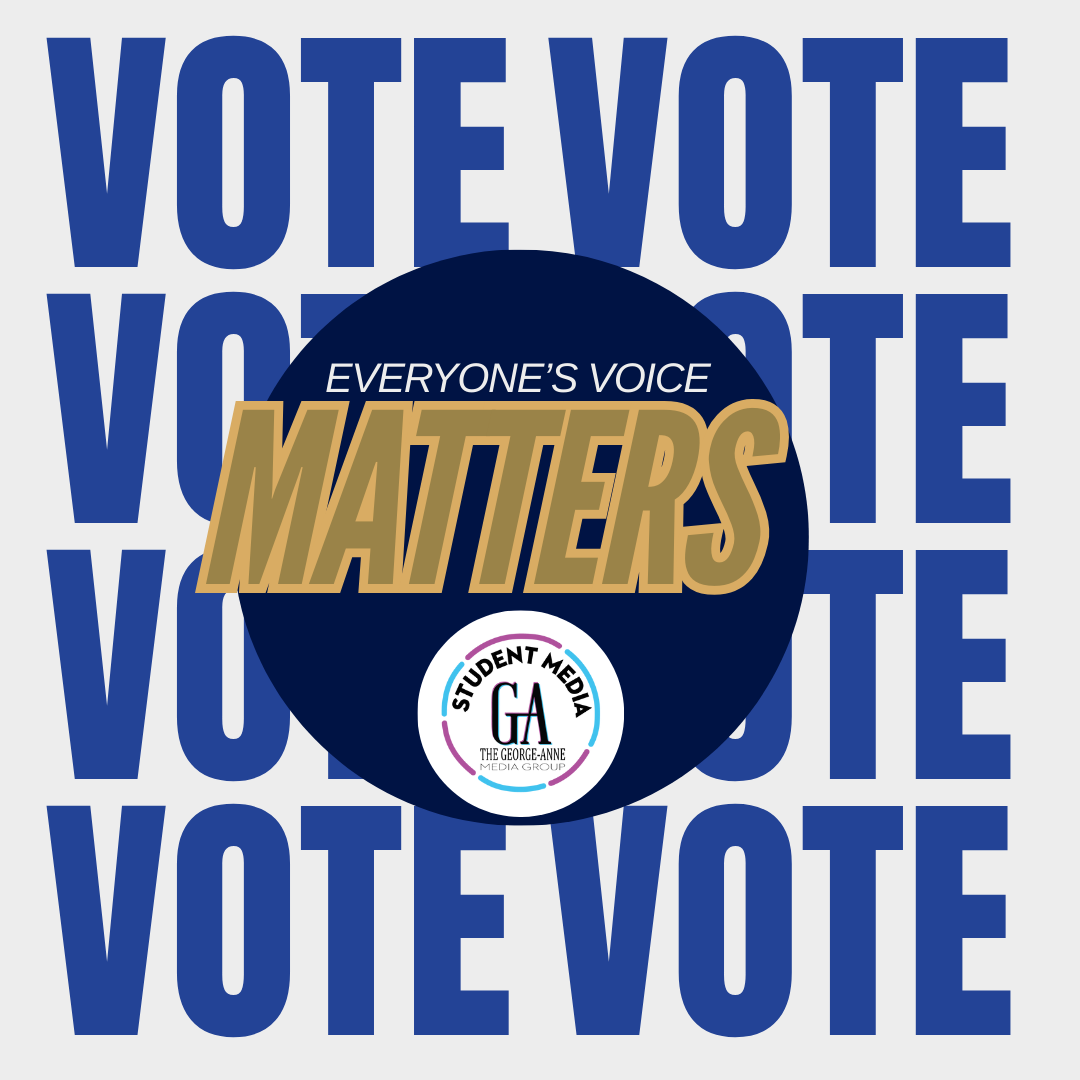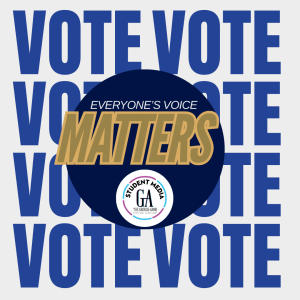Know your rights: Where they end
April 2, 2015
As important as it is to know your rights in a police encounter, it’s equally important to know where those rights end. To avoid unknowingly committing a crime, make sure you’re aware of the following:
You do not have the right to resist arrest.
Even if you feel the arrest is unfair or even illegal, the American Civil Liberties Union advises anyone under arrest to exercise their right to remain silent and allow themselves to be taken into custody. Resisting can result in an obstruction charge, which is a misdemeanor punishable by 12 months in jail or a fine up to $1000.
If you use threats or use violence in the course of resisting arrest, you can be charged with felony obstruction. In Georgia, felony obstruction is punishable by 1 to 5 years in prison or thousands of dollars in fines, according to the website for Georgia attorney Richard Lawson.
You do not have the right to refuse to identify yourself.
Georgia is a “stop and identify” state, which means that if a police officer claims to have reasonable suspicion that you have committed a crime and asks for your identification, it is illegal for you to refuse. Georgia law states that in the case of loitering, refusing to identify oneself can be a deciding factor in whether or not to make an arrest.
Flex Your Rights, a nonprofit organization dedicated to educating citizens on their civil liberties, stresses that police can only compel you to identify yourself if they have reasonable suspicion you have committed a crime. In other words, if you are being detained. They suggest asking the officer “Am I free to go?”
If the answer is no, you are being detained and are legally required to identify yourself.
You do not have the right to lie to law enforcement.
Aside from identifying yourself when detained, your right to remain silent remains intact and you are not legally required to answer law enforcement’s questions. However, the First Amendment’s protection of free speech does not extend to lying to law enforcement.
Since obstruction is defined in Georgia law as “knowingly and willfully obstruct[ing] or hinder[ing] any law enforcement officer in the lawful discharge of his official duties,” lying to a police officer can technically into that category.
The ACLU recommends that anyone being questioned by the police to exercise their right to remain silent or only answer questions with an attorney present.








